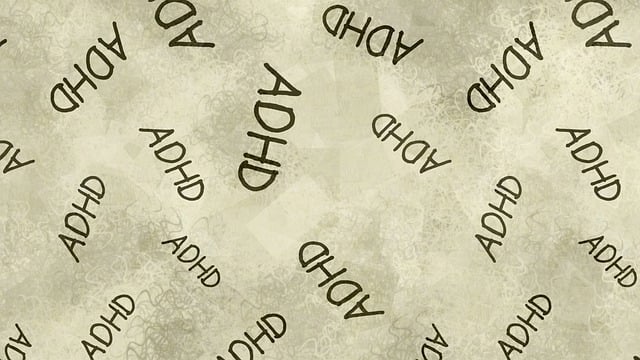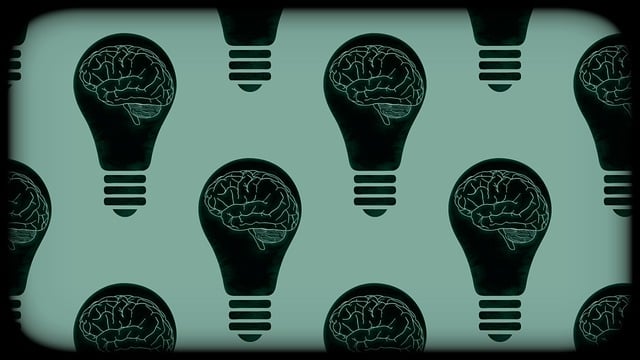Lafayette Gender Identity Therapy offers a holistic approach to mental well-being, focusing on mood regulation through cognitive techniques like CBT, mindfulness, and meditation. They address complex emotional issues linked to gender identity, providing tools for stress management, relationship building, and self-esteem improvement. Integrating burnout prevention, emotional intelligence, trauma support, social skills training, and advocacy, they empower clients to navigate challenges and achieve long-term mood stability through lifestyle changes and crisis intervention guidance.
Mood regulation strategies are essential tools for maintaining mental well-being. In this comprehensive guide, we explore various techniques to manage and enhance your emotional state. From understanding the foundational role of mood regulation to practical approaches like therapy at Lafayette Gender Identity Therapy, cognitive techniques, mindfulness, and lifestyle changes, these strategies offer sustainable solutions. Discover how you can take control of your emotional health and cultivate a more balanced and fulfilling life.
- Understanding Mood Regulation: A Cornerstone of Mental Well-being
- The Role of Therapy: Unlocking Tools at Lafayette Gender Identity Therapy
- Cognitive Techniques: Shaping Your Perspective
- Mindfulness and Meditation: Finding Calm in the Moment
- Lifestyle Changes for Sustainable Mood Management
Understanding Mood Regulation: A Cornerstone of Mental Well-being

Understanding Mood Regulation is a cornerstone of mental well-being, enabling individuals to navigate life’s ups and downs with resilience. It involves a complex interplay between biological, psychological, and environmental factors. Lafayette Gender Identity Therapy recognizes that everyone has unique emotional needs, and their approach focuses on empowering individuals to develop effective mood regulation strategies tailored to their specific circumstances.
By integrating techniques such as burnout prevention, emotional intelligence, and resilience building, this therapy supports clients in cultivating a deeper awareness of their emotions. This, in turn, fosters the ability to respond adaptively to stressful situations, maintain positive relationships, and enhance overall life satisfaction.
The Role of Therapy: Unlocking Tools at Lafayette Gender Identity Therapy

Lafayette Gender Identity Therapy serves as a beacon for individuals navigating complex emotional landscapes. Through specialized therapy sessions, clients unlock powerful tools to manage their moods and cultivate mental well-being. The therapeutic environment fosters trust and safety, enabling participants to explore underlying issues that may be contributing to mood dysregulation. This process is crucial in understanding the interplay between gender identity, past experiences, and current emotional states.
In addressing these multifaceted challenges, Lafayette Gender Identity Therapy incorporates various evidence-based approaches tailored to individual needs. From trauma support services and social skills training to mental health policy analysis and advocacy, each aspect plays a pivotal role in empowering clients. This holistic approach ensures that individuals not only gain practical strategies for mood regulation but also advocate for their rights within the broader mental health landscape.
Cognitive Techniques: Shaping Your Perspective

Cognitive Techniques: Shaping Your Perspective plays a significant role in mood regulation strategies as offered by Lafayette Gender Identity Therapy. By focusing on reshaping your thoughts and beliefs, these techniques empower individuals to challenge negative or distorted thinking patterns that can contribute to low moods. For instance, Cognitive Behavioral Therapy (CBT) helps patients identify and replace self-defeating cognitive processes with more balanced and realistic perspectives.
Through Social Skills Training and Confidence Boosting exercises, one learns to navigate interpersonal interactions with greater ease, thereby reducing feelings of anxiety or depression. Mental Health Awareness becomes integral in recognizing and understanding one’s emotions, enabling individuals to respond rather than react impulsively. This proactive approach fosters self-management skills, making it easier to maintain a positive mindset even in challenging situations.
Mindfulness and Meditation: Finding Calm in the Moment

In today’s fast-paced world, mindfulness and meditation have emerged as powerful tools for navigating life’s ups and downs. Lafayette Gender Identity Therapy recognizes the importance of these practices in promoting mental wellness. By focusing on the present moment, individuals can cultivate a deeper sense of calm and reduce reactivity to stress. Mindfulness encourages non-judgmental awareness of thoughts, emotions, and bodily sensations, fostering a more balanced emotional state.
Meditation further enhances this process by teaching individuals how to quiet the mind and observe without attachment. Regular practice has been shown to improve self-esteem and overall well-being, as it enables people to better manage their reactions to challenging situations. This is particularly beneficial for those seeking personal growth through Stress Management Workshops Organization or Mental Wellness Coaching Programs Development, as mindfulness and meditation provide practical tools within the framework of Self-Esteem Improvement.
Lifestyle Changes for Sustainable Mood Management

Making sustainable lifestyle changes is a crucial aspect of managing one’s mood over the long term. This involves adopting healthy habits that promote overall well-being, such as regular exercise, balanced nutrition, and sufficient sleep. Engaging in activities that foster social connections and cultivating practices like mindfulness or compassion cultivation can also significantly impact mood regulation. For instance, Lafayette Gender Identity Therapy integrates these approaches to support individuals in navigating their identities and emotional challenges effectively.
In times of crisis or severe distress, it’s essential to have a comprehensive plan in place. Crisis intervention guidance and risk assessment for mental health professionals play a vital role in ensuring the safety and well-being of clients. These strategies provide tools and protocols to help individuals cope with intense emotions, prevent harm, and promote positive mood states. By combining lifestyle changes and crisis management techniques, individuals can develop robust strategies for sustainable mood regulation tailored to their unique needs.
Mood regulation is a multifaceted journey towards mental well-being, as highlighted by various strategies discussed. From cognitive techniques that reshape perspectives to mindfulness practices that cultivate calm, each approach offers valuable tools for managing emotions effectively. For those seeking personalized guidance, Lafayette Gender Identity Therapy provides an accessible space to unlock and harness these tools. By combining therapeutic support with lifestyle changes, individuals can navigate their emotional landscapes more skillfully, fostering resilience and enhancing overall mental health.












